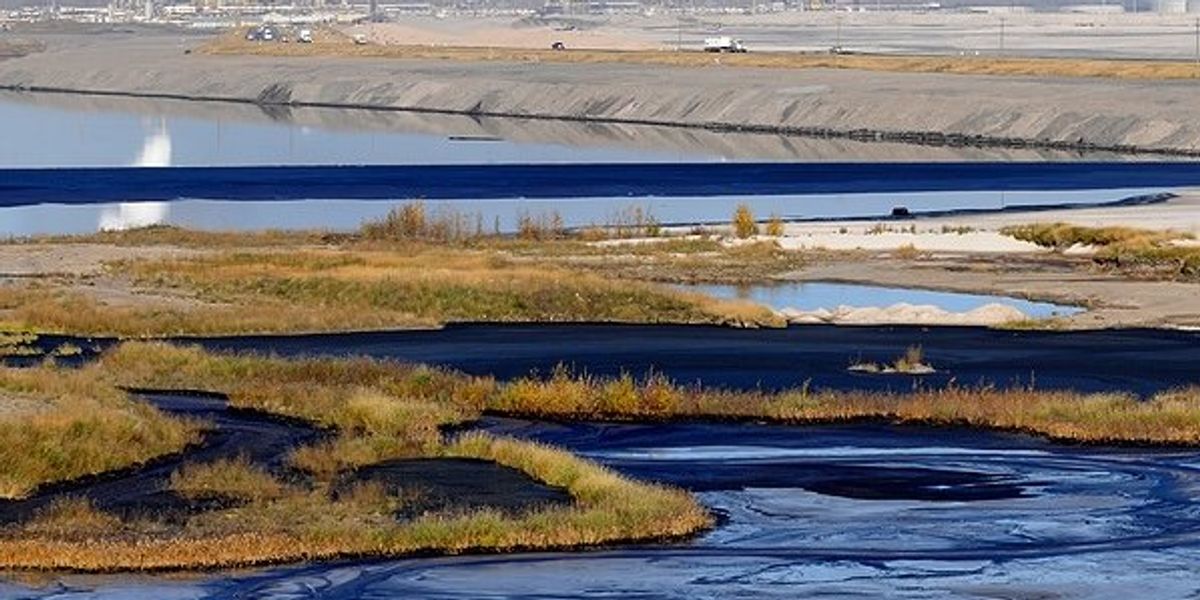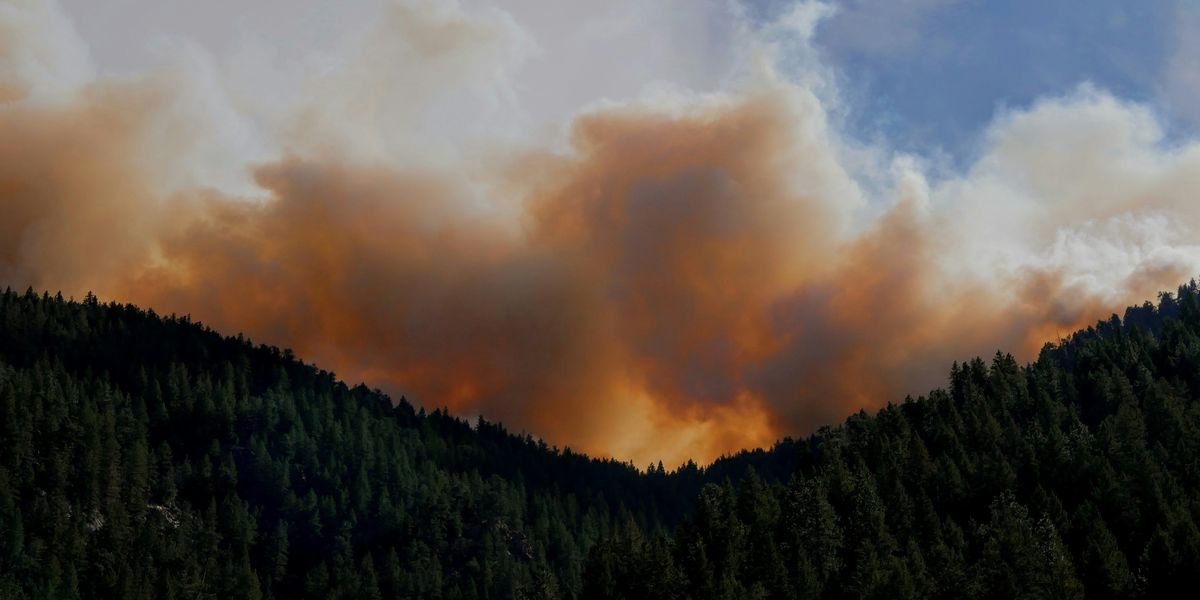fenceline communities
Gov. Newsom vetoes California bill to increase refinery air monitoring
California Gov. Gavin Newsom has vetoed a bill that sought to tighten air monitoring protocols around refineries, citing budget concerns.
In short:
- SB 674 aimed to expand air quality monitoring beyond oil refineries to other facilities, requiring data retention and third-party audits.
- Newsom argued that existing local air quality management programs already address these concerns, and the bill would impose costly state obligations amid a budget shortfall.
- Environmental advocates criticized the veto, calling it a missed opportunity to protect communities from toxic emissions.
Key quote:
“Fenceline communities urgently need improved air monitoring.”
— Lena Gonzalez, California State Senator
Why this matters:
Enhanced air monitoring is vital for communities near refineries to ensure they are not exposed to harmful pollutants. The veto raises concerns about the state’s ability to balance public health and budget constraints.
Related EHN coverage:
Growing methane exports pose risks to Gulf Coast communities
Researchers argue that the expansion of liquefied natural gas facilities in the Gulf Coast endangers local environments and communities, particularly affecting minority populations.
In short:
- The report identifies significant environmental and health risks for communities near six LNG facilities in Louisiana and Texas.
- Increased LNG production has made the U.S. the world's leading exporter, raising concerns about global emission targets.
- Local disparities in employment and compensation exacerbate the economic impact on affected communities.
Key quote:
"As communities of color are literally fighting for our lives on the front lines, (federal) departments and agencies like FERC ... continuously are approving permits for these deadly, monstrous projects."
— Roishetta Ozane, executive director of The Vessel Project of Louisiana
Why this matters:
Historically, industrial developments have been disproportionately sited in minority communities, leading to concerns about systemic discrimination and neglect by policymakers. The siting of LNG facilities often follows this pattern. LNG facilities are typically associated with air and water pollution, including the release of hazardous pollutants such as volatile organic compounds and particulate matter, which can lead to respiratory issues and other health problems.
'False promise': DOE's carbon removal plans rankle community advocates
Was the Inflation Reduction Act a win for climate justice? It's complicated
Justice Dept. boosts focus on environmental cases that harm the poor
Unequal impact: Putting justice at the heart of the climate fight
Beverly Wright, a leading voice on environmental justice and an advisor to the Biden White House, talks about why some climate policies do more harm than good for communities of color and why disaster relief remains insufficient or out of reach so many.



















